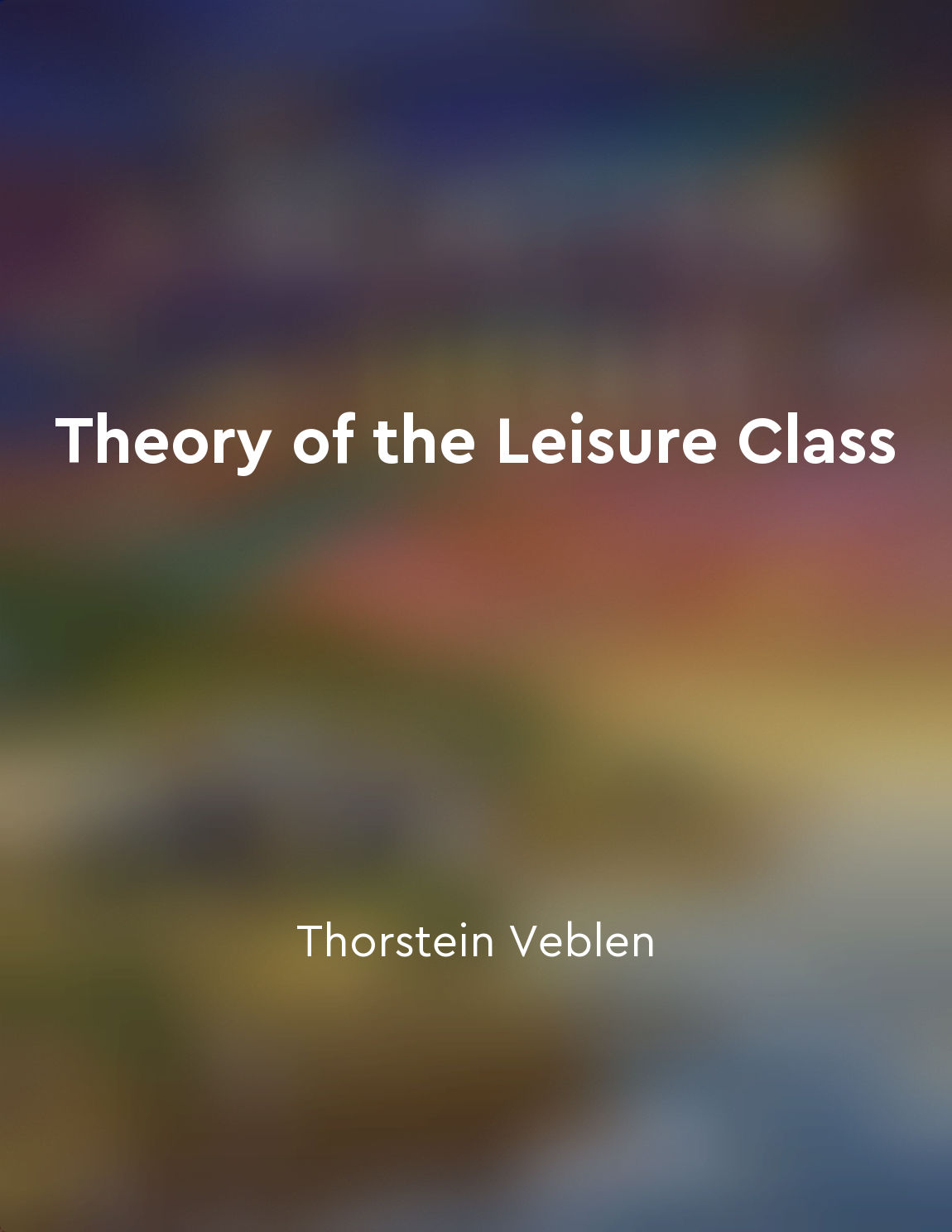Evolutionary psychology explains human behavior from "summary" of Darwin's Dangerous Idea by Daniel C. Dennett
Evolutionary psychology offers a compelling framework for understanding human behavior. By suggesting that our cognitive and emotional mechanisms have evolved through natural selection, this perspective sheds light on why we act the way we do. As Dennett argues, our ancestral past has shaped our present-day decisions and actions in profound ways. According to evolutionary psychology, certain behaviors can be seen as adaptive responses to the challenges faced by our ancestors. For example, our fear of snakes and spiders may have been advantageous for survival in a world where these creatures posed real threats. Similarly, our tendency to seek out social connections and form alliances can be traced back to our ancestors' need for cooperation in hunting and gathering food. Moreover, evolutionary psychology helps explain why certain traits are more prevalent in certain populations. By examining the evolutionary history of different groups, we can better understand the genetic and environmental factors that have shaped their behavior over time. This perspective provides a deeper insight into the diversity of human behavior and the underlying mechanisms that drive it. Furthermore, evolutionary psychology offers a unifying framework for understanding the complexities of human behavior. By considering how our cognitive and emotional systems have evolved over time, we can better appreciate the underlying motivations behind our actions. This perspective encourages us to look beyond surface-level explanations and delve into the evolutionary roots of our behavior.- Evolutionary psychology provides a powerful lens through which to explore the intricacies of human behavior. By tracing our actions back to their evolutionary origins, we can gain a deeper understanding of why we behave the way we do. This perspective offers a rich tapestry of insights into the complexities of human nature and the driving forces behind our decisions and actions.
Similar Posts
The Red Queen demonstrates the neverending struggle for survival in the evolutionary arms race
The Red Queen's race is never-ending. It is a relentless struggle for survival, a dynamic dance in the evolutionary arms race. ...
Key concepts in evolutionary theory continue to evolve
Evolutionary theory stands as a towering edifice in the intellectual landscape of science. Its core principles have remained fi...

Economic Theory and Social Behavior intersect
The theory posited in this work seeks to elucidate the relationship between economic theory and social behavior. It is contende...
Organisms are vehicles for gene survival
In the fierce struggle for existence, it is not the organisms themselves that are of paramount importance, but rather the genes...
Meditation can increase emotional intelligence
The practice of meditation has been shown to have a profound impact on emotional intelligence. By training the mind to focus on...
Humans have a natural inclination towards cooperation
Tomasello argues that humans are inherently social beings, with a natural inclination towards cooperation. This inclination is ...
Our instincts can sometimes lead us astray
It is a common belief that our instincts are always reliable guides to behavior. After all, it is through millions of years of ...
The development of language sets humans apart
The power of language, more than any other attribute, distinguishes man from animals. While animals communicate through various...
Embrace moral diversity for a more harmonious society
The idea of moral diversity is crucial for building a more harmonious society. We must recognize that people from different cul...
Cultural narratives shape human belief systems
Human belief systems are not static entities but are constantly evolving constructs that are shaped by the cultural narratives ...

